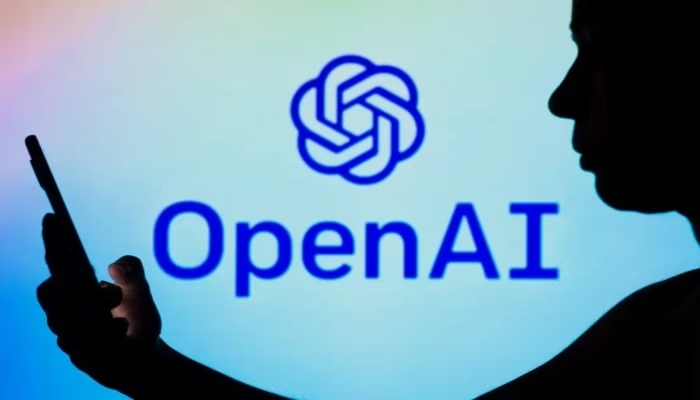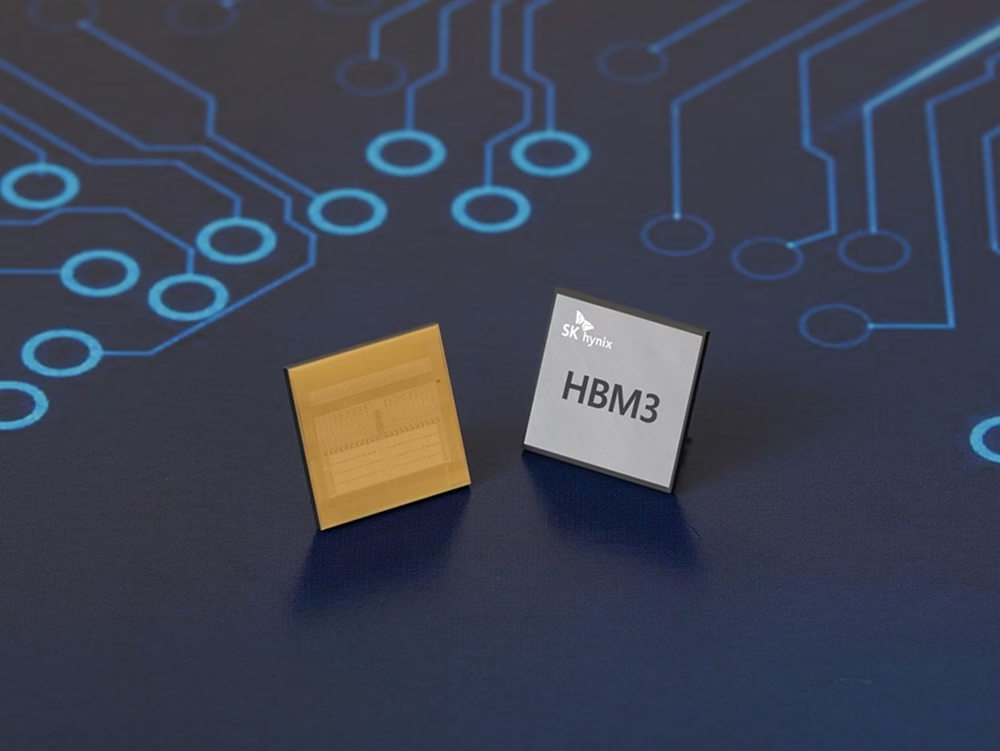In a groundbreaking move that could reshape the future of personal technology, OpenAI—the company behind ChatGPT—has acquired IO, the AI hardware startup co-founded by legendary former Apple designer Jony Ive and OpenAI CEO Sam Altman.
The acquisition, reportedly valued at $6.5 billion, marks one of the largest AI-focused hardware deals in recent history and signals a bold new chapter in OpenAI’s evolution—from software to smart devices.
While OpenAI confirmed the acquisition in an official blog post, the deal is still pending regulatory approval. Once cleared, IO will be fully integrated into OpenAI, with Jony Ive and his team joining the company to work on next-generation AI-powered hardware.
A Vision to Rethink the Smartphone
The IO project was launched in 2024 with a bold vision: to create AI-native devices that break away from conventional screens and interfaces. Instead of another smartphone, the duo aimed to build a screenless, voice-first assistant—a reimagined way for people to interact with artificial intelligence.
Jony Ive, best known as the design genius behind the iPhone, and Sam Altman have spoken openly about their shared ambition to develop products that would “improve humanity.” Speaking to the New York Times, the two emphasized that this partnership was rooted in creating “amazing, humane technology.”
Their joint venture IO was widely seen as a secretive but potentially revolutionary initiative—an effort to replace the smartphone as the center of our digital lives. Altman hinted as early as February 2025 in an interview that OpenAI was working on AI-based alternatives to smartphones, stating the company was developing chatbot-powered devices that could provide a more natural and intuitive interface than current mobile devices.
What This Means for the Future
With this acquisition, OpenAI now gains not only the visionary leadership of Jony Ive but also the creative infrastructure to design physical products that extend beyond screens. The integration of IO into OpenAI brings together top design talent and cutting-edge AI expertise under one roof.
According to OpenAI, Ive’s team will work closely with its existing divisions to build hardware devices that help people connect with OpenAI’s technologies.While no specific product launch has been announced, speculation is high that a ChatGPT-powered wearable or assistant device could be in development.
OpenAI has not disclosed a timeline for when this potential product will hit the market. But the mere idea of a voice-activated, screenless AI assistant built by the same mind who designed the iPhone is already turning heads across the tech world.
A Strategic Leap Into Consumer Hardware
This move positions OpenAI to directly challenge Big Tech’s dominance in consumer devices, including Apple, Google, Amazon, and Samsung. If successful, the IO-inspired hardware could redefine how we access information, communicate, and perform tasks—ushering in an era where AI is not just in your pocket, but seamlessly integrated into your life.
The deal also underscores the growing trend of AI and hardware convergence, with more companies investing in custom-built devices designed from the ground up to harness artificial intelligence.
For now, details remain under wraps. But if this partnership lives up to its promise, the world may soon witness a new breed of device—one that could do for AI what the iPhone did for mobile computing.



